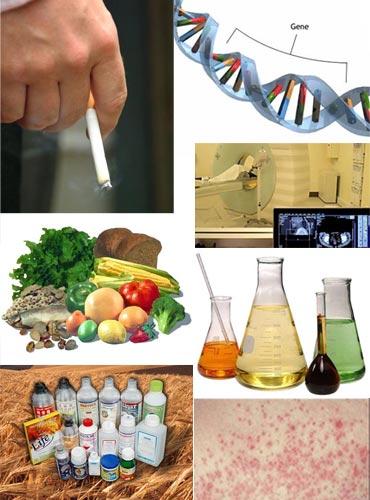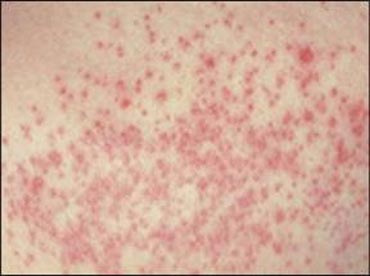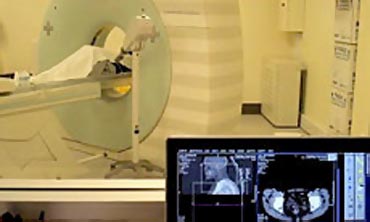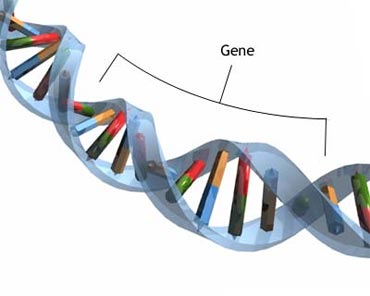
Over these years, medical science has made many advancements in the field of cancer treatment. Cancer and the proliferation of cancerous cells can be tamed to some extent. But the phrase 'to some extent' will necessarily imply that many types of cancers are still incurable and that the ones which have been controlled for a certain period of time, can again come back with all the symptoms at some point of time.
Cancer is the uncontrolled growth of abnormal cells in some parts of the body, which can spread to any other part or organ in the body. It is a complex group of disease, with various possible causes. Various researches have been conducted to find out the factors that can cause human carcinoma. Based on such studies, the causes of cancer may be made to fall under two main categories:
External/Environmental factors
These factors have the greatest contribution (90 to 95 per cent) towards causing cancers.
Hereditary/Genetic factors
Genes do play a role by increasing the risk of occurrence of the disease, but their contribution has been estimated to be around 5 to 10 per cent.
stay informed and motivated.

The environmental factors
Smoking/Tobacco
Tobacco contains more than 50 known carcinogens including nitrosamine and polycyclic aromatic hydrocarbons (PAHs). Tobacco is responsible for one in every five cancer deaths worldwide. Tobacco, used in any form, can cause cancer of the lungs, larynx, head, neck, stomach, bladder, kidney, esophagus and the pancreas.
Click NEXT for more

Chemical exposure
Certain chemicals like vinyl chloride, arsenic, micotine and acrylamide have been reported to be carcinogenic. These chemicals have the capability to penetrate into the skin and interfere in the normal cell mutation.
These substances can also stimulate the rate of cell division. Every year around 20,000 deaths and 40,000 new cases of cancer are reported due to occupational risk and exposure to such chemicals.
Inhalation of asbestos fiber causes lung cancer and mesothelioma. Exposure to the chemical called benzene can cause leukemia. Painters and farmers who sprinkle insecticides and pesticides, carpenters who have to work in the midst of wood dust, workers in factories involving coal combustion or carbon smoke, and people who come in constant contact with coal tar or those who are working in carbon industries, stand at a greater risk of suffering from cancer.
Carbon emission from vehicles is also responsible for causing cancer.
Click NEXT for more

Diet
A diet low in fibre and high in salt can cause several types of cancer. A low fibre diet typically involves fewer vegetables, fruits and whole grains, and more of processed foods and red meats.
Countries like Japan and China where the diet is high on salt report more cases of gastric and liver cancers whereas the United States where the diet is low in fibre and high on meat report more cases of colon cancer.
Some common food carcinogens are:
Beetle nut: It causes mouth cancers.
Artificial sweeteners: Saccharine and cyclamates produce nitrosamines, which are known for causing bladder and stomach cancers respectively.
Smoked foods: Smoked fish, smoked pickles and some other smoked food items may cause cancers of the stomach and the esophagus.
Click NEXT for more

Broccoli, onions and mushrooms: These vegetables contain acetaldehyde, a natural by-product of oxidation and a known human carcinogen.
Mildly carcinogenic vegetables like broccoli and onions thus become a a topic of argument, and it's doubtful that anyone can acquire cancer solely from eating broccoli, as several other factors in combination can lead to the disease.
Aflatoxins and alkaloids: These are present in grains and nuts infected by rodents and insects and can cause stomach cancers.
Tannins: These are found in tea, coffee and cocoa. Excess consumption of these beverages can cause esophageal cancers.
Pesticides and insecticides: These chemicals are sprayed on vegetables and fruits. Consumption of these produces without washing them thoroughly can lead to stomach cancer.
Trans fatty acids: These unhealthy fats are present in most of the fried food items and are believed to be carcinogenic.
Low physical activity: Less physical activity does not only lead to obesity, but also has a negative impact on the immune and the endocrine systems. Low level of physical activities coupled with unhealthy diet, can cause cancer.
Click NEXT for more

Infections
Around 18 per cent of cancers worldwide are related to infectious diseases. A cancer causing virus, called as oncovirus, has been found to be one of the leading causes of cancer. Some related oncoviruses are:
Click NEXT for more

Radiations
Whether ionising or non-ionising, radiations are responsible for at least 10 per cent of cancer cases. Radiation induced leukemia typically require 2 to 10 years to express itself.
Radiation exposure in the fetal life raises the risk by 10 times. Radiations in combination with other carcinogens like tobacco can lead to an increased risk of cancer. Medical use of ionising radiation through imaging techniques like X-Rays or CT scans may also contribute to the risk factor.
Prolonged exposure to the ultraviolet radiation from the sun can lead to skin cancers and melanoma, which is one of the most common form of cancer in the world. Non-ionising radiations, acquired from the excessive use of mobile phones, electrical power transmission and radio frequency are also being proposed as causes of cancer, but researchers are yet to conclude on the long term effects of these radiations.
Click NEXT for more

The hereditary causes
Genes or heredity, account for a small number of total cancer cases. Breast cancer, ovarian cancer, hereditary nonpolyposis colorectal cancer and retinoblastoma can be hereditary. Presence of Down Syndrome and an extra chromosome 21 in individuals may cause leukemia and testicular cancer.
Do hormones have a role to play?
Yes. There are some hormones that encourage cell proliferation, causing cancers of the breast, prostrate, ovary, testis, thyroid gland and the bone. Daughters of mothers who had breast cancer are at a higher risk of suffering from the same condition.
A possible reason can be their elevated estrogen and progesterone level in comparison to women who do not have a family history of breast cancer.
Similarly, Asian men have the lowest risk of developing prostate cancer due to their low levels of androstanediol glucuronide which activates the male hormone testosterone. Women, who avail hormone replacement therapy, have a higher risk of suffering from cancers associated to these hormones. Osteosarcoma may be caused by growth hormone.
Dealing with cancer will require you to deal with a lot of information. People, who know very little about the disease, tend to suffer more from a mental or a psychological point of view. Staying updated with the recent advancements will allow you to get rid of all your inner fears and anxieties. Controlling your fear is the first step towards controlling the much-dreaded disease.